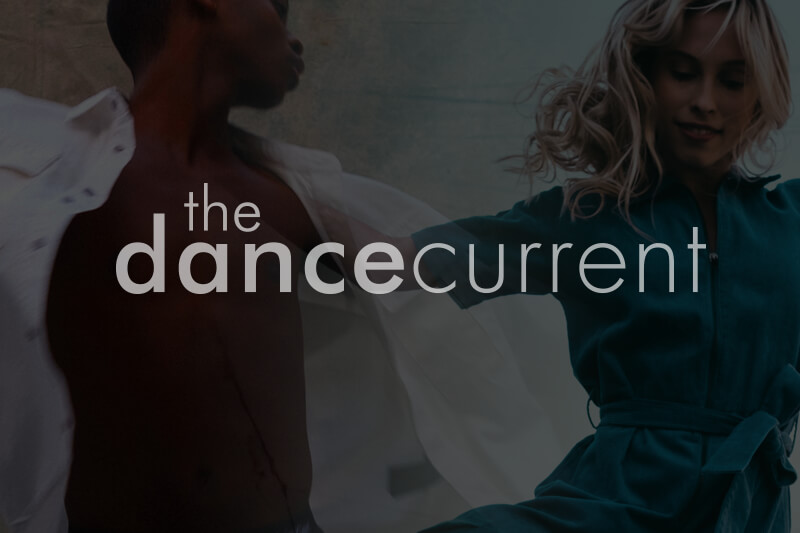This article was originally published in the Winter 2022 print issue.
This past fall, Mass Culture collaborated with the Creative Hubs and Networks Database at University of Toronto Scarborough to launch Artifex, a sector-sourced repository for arts research.
The platform houses a blend of academic and artistic, sometimes practice-based, research. Available to anyone, the platform is meant to be an inclusive space for research of all kinds, from a data set from the University of Ottawa’s Cultural Policy Research Network to a sample wellness report from the Laboratory for Artistic Intelligence. “We certainly aren’t wanting to curate any of the resources on Artifex,” says Robin Sokoloski, Mass Culture’s director of organizational development. “Who’s to say what research is in terms of its definition?”
To find a home on Artifex, a resource need not be vetted by an institutional panel the way it would before being published in an academic journal, a process that can often take years. As an inclusive and accessible repository, Artifex has the potential to influence the position of the arts in the wider public landscape.
Welcoming a variety of resources and uniting them all in one place empowers members of cultural communities by enabling them to make decisions based on an accessible and always-growing pool of resources, explains Mary Elizabeth Luka, assistant professor at the university and a partner in Artifex’s creation. “This is a very friendly place to come and look for information that might be useful to you as a member of the cultural community,” she says.
They celebrated the platform’s launch with an arts and mental health-themed datathon – the first in a series of 72-hour events, each orbiting a different research priority within the sector: where art meets climate, where art meets Indigenous cultural knowledge, where it meets health and well-being and, finally, diversity and social inclusion. The mental health datathon led to a conference in partnership with the Mississauga Arts Council, and the team collected more than 100 mental health resources and research tools, all of which now live on Artifex. The datathon steered the way towards further sector-relevant research, a litmus test for what the sector is currently interested in and what it wants to know.
The launch marked the end of the two-year creation period. After the initial germination of the idea in the fall of 2019, the teams began the extensive collaborative effort: Sokoloski oversaw the assembly of the original material with two of her Mass Culture colleagues, Tara Mazurk and Kathryn Geertsema; Sylvie Stojanovski conducted the primary data organization, overseen by Luka; Hazel Yoon added additional COVID-19 resources and produced the graphic design in collaboration with JP King; and the website design is thanks to Jermaine Williams.
In 2022, Mass Culture will be hosting the other four datathons, all in line with their Research in Residence: Arts’ Civic Impact iniative, in which five researchers work in-residence at different arts organizations to build out qualitative impact frameworks. The remaining themes (climate, Indigenous cultural knowledge, health and well-being and diversity and social inclusion) will inform the direction of arts research to be produced and mobilized through the year’s datathons and likely beyond.
“I think, personally, that knowledge, research and data, and the further investigation of it, the utilization of it, the understanding and appreciation of what it can do for us, is absolutely essential for the sector to thrive,” Sokoloski says.
Dance Media Group strengthens the dance sector through dialogue. Can you help us sustain national, accessible dance coverage? Your contribution supports writers, illustrators, photographers and dancers as they tell their own stories. Dance Media Group is a charitable non-profit organization publishing The Dance Current in print and online.

Tagged:




